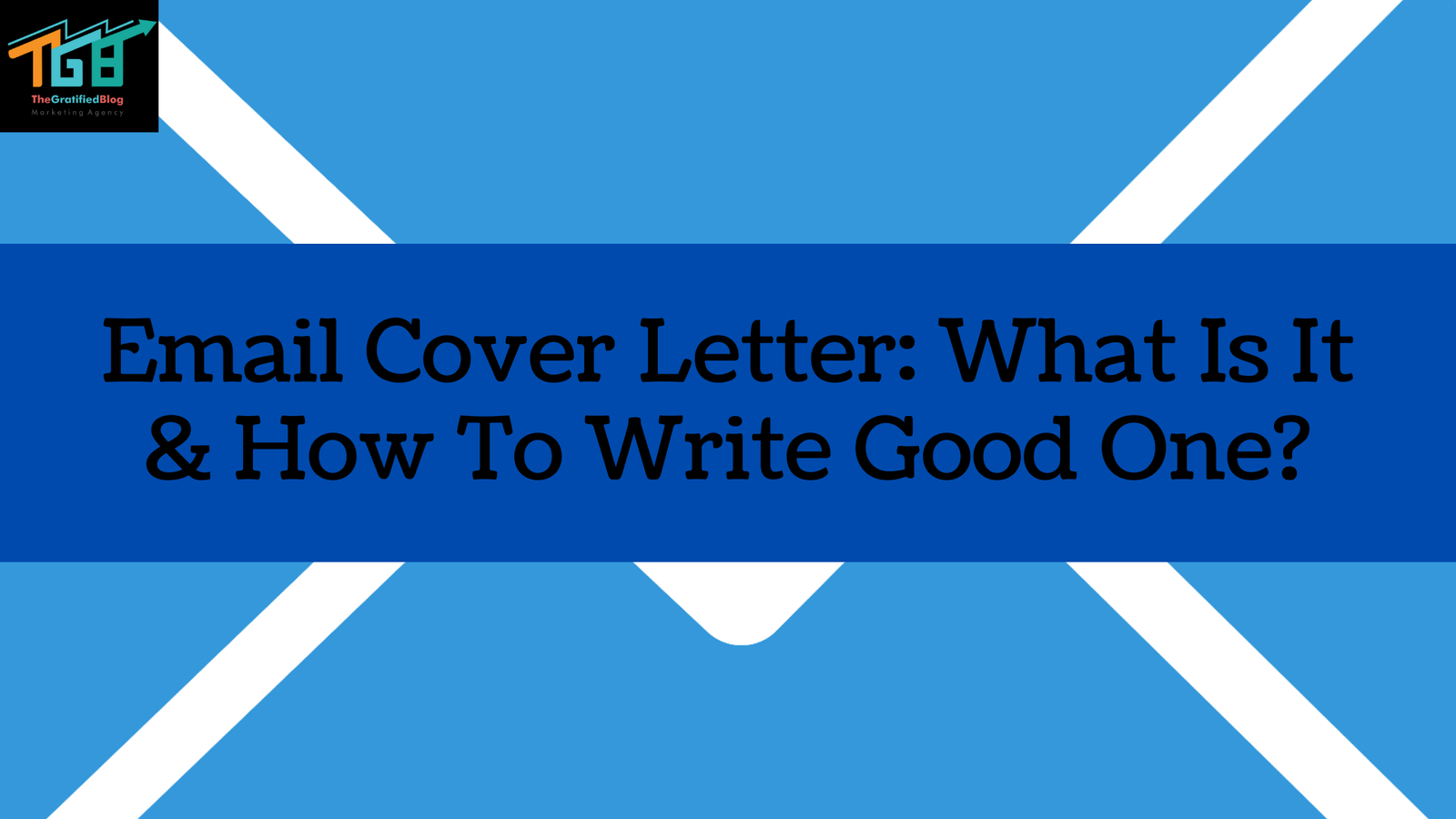
In today’s highly competitive job market, distinguishing yourself is paramount to landing your dream job. While job seekers meticulously prepare their resumes, many Neglect a critical factor that can substantially influence their chances: the email cover letter. Often underestimated, a well-crafted email cover letter may be pivotal in distinguishing oneself and seizing the attention of potential employers, giving you a distinct advantage in the job application process.
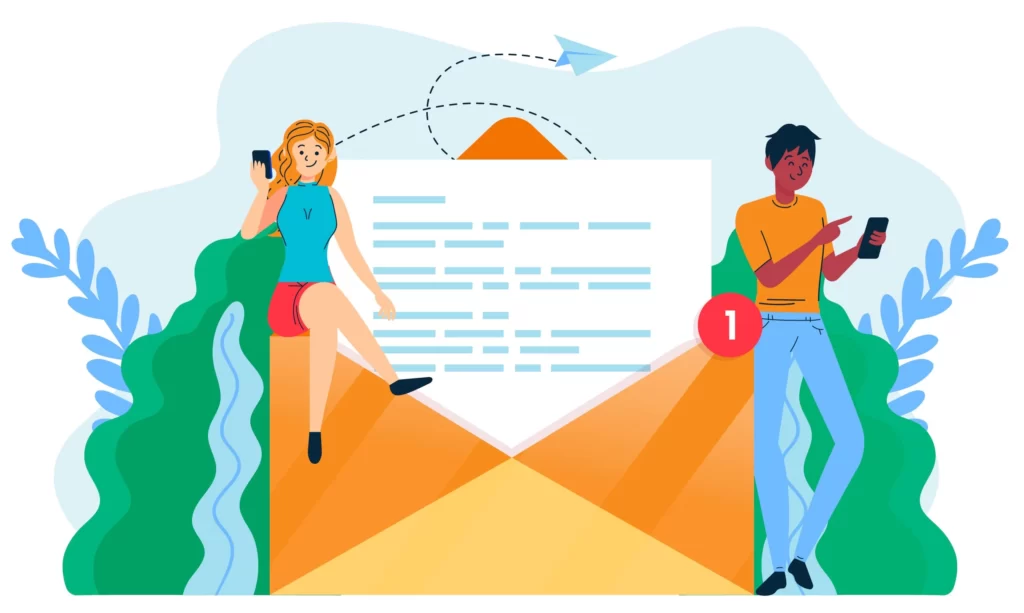
The email cover letter is your initial impression of a recruiter or hiring manager. It holds the power to significantly impact your chances of landing the job. A compelling email cover letter can dramatically enhance your candidacy, while a poorly constructed one may render your resume disregarded and discarded. Therefore, it is crucial to dedicate attention and effort to crafting a solid cover letter to accompany your resume.
So, let’s dive into the basics of email cover letters and see how to write an effective email cover letter that will land you your first job.
What Are Email Cover Letters?
A cover letter commonly accompanies a resume to the prospective employer. It is also called a letter of application or a letter of intent. This letter mainly focuses on introducing yourself and getting the reader to read your resume.
It should be written to encourage the reader to read your resume. Your letter should be able to tell the employer why you are contacting them, what your goals are, and what you can do for the employer. If you are applying for a specific job, your letter should tell the employer why you are the best person for the job and why they should hire you.
Common Mistakes To Avoid In Email Cover Letters
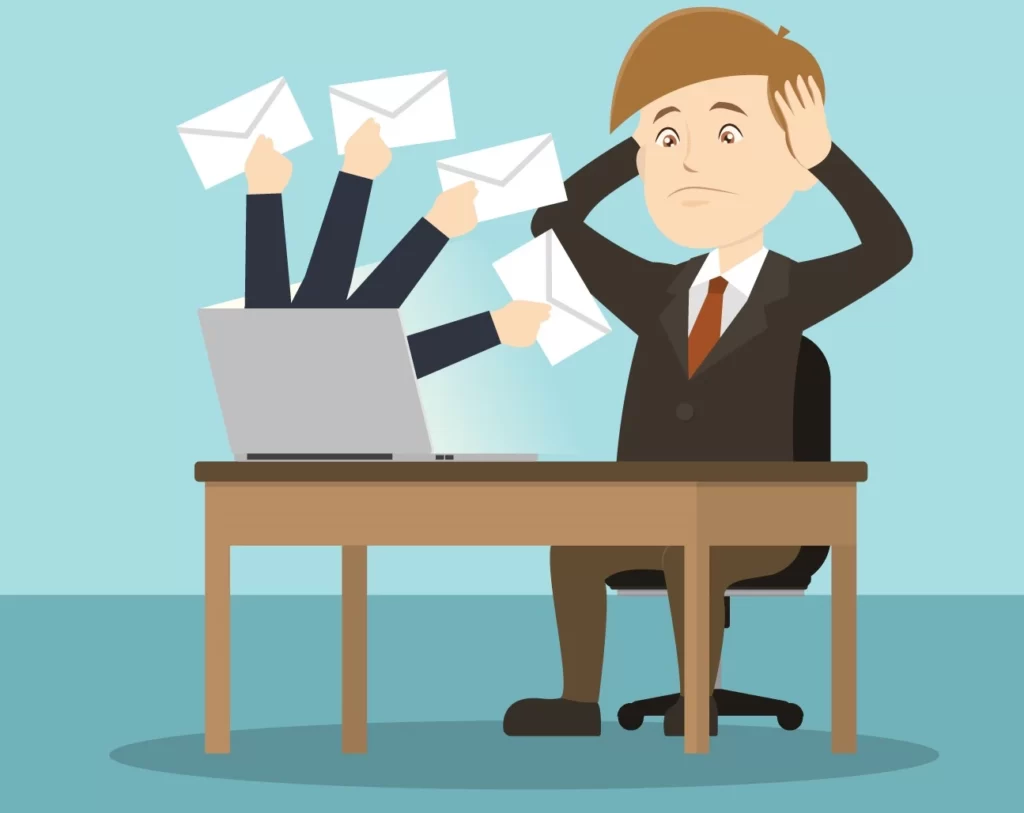
Proofreading For Grammar And Spelling Errors
One of the most common mistakes in email cover letters is overlooking grammar and spelling errors. These mistakes can undermine your professionalism and attention to detail. Before sending your email, thoroughly proofread it to ensure proper grammar, accurate spelling, and correct punctuation.
To ensure the quality of your email cover letter, it is beneficial to leverage proofreading tools such as Grammarly or ProWritingAid. Alternatively, you can seek assistance from a trusted individual to review your letter and provide feedback. Having an extra pair of eyes can help catch any mistakes or inconsistencies you might have overlooked.
Avoiding Generic Or Cliché Language
Steer clear of using generic or cliché language in your email cover letter, as it can make your message appear unoriginal and lackluster. Refrain from relying on overused phrases or buzzwords that fail to add real value or showcase your unique qualifications.
Instead, channel your energy into expressing genuine enthusiasm and employing specific, impactful language highlighting your individuality and relevant skills. Craft your cover letter with a personal touch, demonstrating how your experiences and abilities align with the position you’re applying for.
By avoiding generic language and showcasing your authenticity, you can make a memorable impression on Prospective employers and enhance your likelihood of standing out among other applicants.
Keeping The Email Cover Letter Concise And Focused
Lengthy and rambling email cover letters are unlikely to hold the attention of busy recruiters or hiring managers. It’s essential to keep your letter concise and to the point.
Focus on the most relevant information, such as your qualifications, key achievements, and why you are a strong fit for the role. Aim to communicate your message effectively within a few paragraphs and use bullet points for clarity when necessary.
Personalizing The Letter Instead Of Using Generic Templates
Using generic templates and not personalizing your email cover letter is a significant mistake. Recruiters can quickly spot a generic letter that lacks a genuine connection to the company or position.
Take the time to research the company, Comprehend its values and objectives, and then customize your letter accordingly. Address specific points from the job description. Clarify how your skills and experiences coincide with their needs. A personalized approach shows your genuine interest, Boosting your likelihood of creating a favorable impression.
Now that you know the common mistakes to avoid, it’s time to explore some helpful tips for crafting an attention-grabbing email cover letter.
Tips For Writing An Attention-Grabbing Email Cover Letter

Using A Confident And Professional Tone
Finding the right balance between professionalism and confidence is paramount when composing an email cover letter. Adopting a tone reflecting your competence and excitement for the role is essential. Strive for a relaxed and relaxed tone, as it may hinder effective communication.
By exuding confidence in your writing, you convey your belief in your abilities and leave a positive impression on the reader. This demonstrates your ability to excel in the position and enhances your candidacy.
Utilizing Storytelling Techniques To Engage The Reader
Utilizing storytelling techniques in your email cover letter can make it more engaging and memorable for the reader. Instead of presenting a dry list of skills and experiences, crafting your cover letter as a compelling narrative can capture the reader’s attention and create a lasting impact.
You establish an emotional bond with the reader by incorporating relevant stories that highlight your journey, challenges you’ve overcome, and significant accomplishments.
Storytelling demonstrates your ability to handle real-world situations and showcases your unique qualities and strengths in a more compelling and relatable manner. It allows the reader to visualize your experiences and achievements, making your email cover letter more captivating and memorable amidst a sea of other applicants.
Incorporating Keywords And Industry-Specific Language
To make your email cover letter impactful, it’s crucial to go beyond generic claims and highlight measurable achievements and results. Instead of merely stating your capabilities, provide concrete evidence of your past successes.
Quantify your accomplishments by incorporating specific numbers, percentages, or timeframes to demonstrate your impact in previous roles. You establish credibility and prove your ability to deliver measurable results by showcasing tangible outcomes.
This approach not only captures the attention of recruiters but also reinforces your qualifications and sets you apart from candidates who rely solely on vague statements.
Providing Evidence Or Examples To Support Claims
More is needed to make claims about your abilities when highlighting your skills and qualifications in your email cover letter. Providing evidence or examples supporting these claims is crucial to make a more substantial impact. By offering concrete instances of how you have effectively applied your skills, you demonstrate your expertise and credibility to the reader.
Rather than stating that you are a “great communicator,” you can mention a specific situation where your communication skills played a vital role. For example, you can describe how you successfully led a team meeting, effectively conveyed complex ideas to stakeholders, or resolved conflicts through clear and concise communication.
Pro Tip
Q1. How do you follow up after sending an email cover letter?
A. Importance Of Post-Submission Follow-up
The importance of post-submission follow-up cannot be overstated in the job application process. It showcases your proactive nature and dedication to securing the position. By reaching out after sending your email cover letter, you demonstrate genuine interest and initiative, setting yourself apart from other candidates who may not take this extra step.
Following up provides an opportunity to reinforce your qualifications and remind the hiring manager or recruiter of your unique skills and experiences. It offers the chance to respond to any inquiries or apprehensions they may have had while reviewing your application. This proactive communication also helps you establish a positive rapport with the employer, showing your commitment and professionalism.
Timing And Methods For Following Up
Finding the right timing and using suitable methods for following up after sending an email The cover letter can significantly influence your prospects of obtaining notice from employers. It’s essential to balance giving the employer ample time to review your application and showing your continued interest in the position.
Waiting for approximately one week is generally considered appropriate before initiating a follow-up. This allows sufficient time for the employer to go through the applications and evaluate candidates. However, remember that certain circumstances or application deadlines mentioned in the job posting might require a shorter or longer waiting period. Always consider these factors.
Regarding the follow-up method, you can email or make a phone call. The choice depends on your comfort level and the company’s preferred communication style.
Reinforcing Your Interest And Enthusiasm For The Position
You must emphasize your continued interest and enthusiasm for the position and company during the follow-up stage. Take the opportunity to showcase any relevant updates or additional information that enhances your candidacy. Express gratitude for the chance to apply and reaffirm why you believe you are a perfect fit for the role. By reinforcing your commitment, you leave a positive impression and ensure that your application remains memorable to the hiring team.
Conclusion
Your cover letter is a brief of your resume. Here, you can present yourself and your skills to a potential employer. It is the first thing a recruiter sees when they open an email you’ve sent them, and you can never afford to attach an awful cover letter with your resume. Hence, use the above tips, craft an eye-catching cover letter, tie it with your resume, and you are good to go!
Furthermore, if you have any doubts regarding the above points, we would love to solve them in the comment section below!




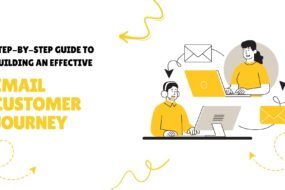
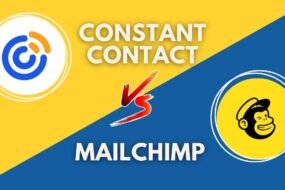

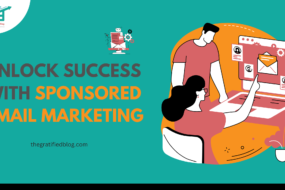
One reply on “Email Cover Letter: What Is It & How To Write A Good One?”
Really informative article. Looking forward to similar articles.